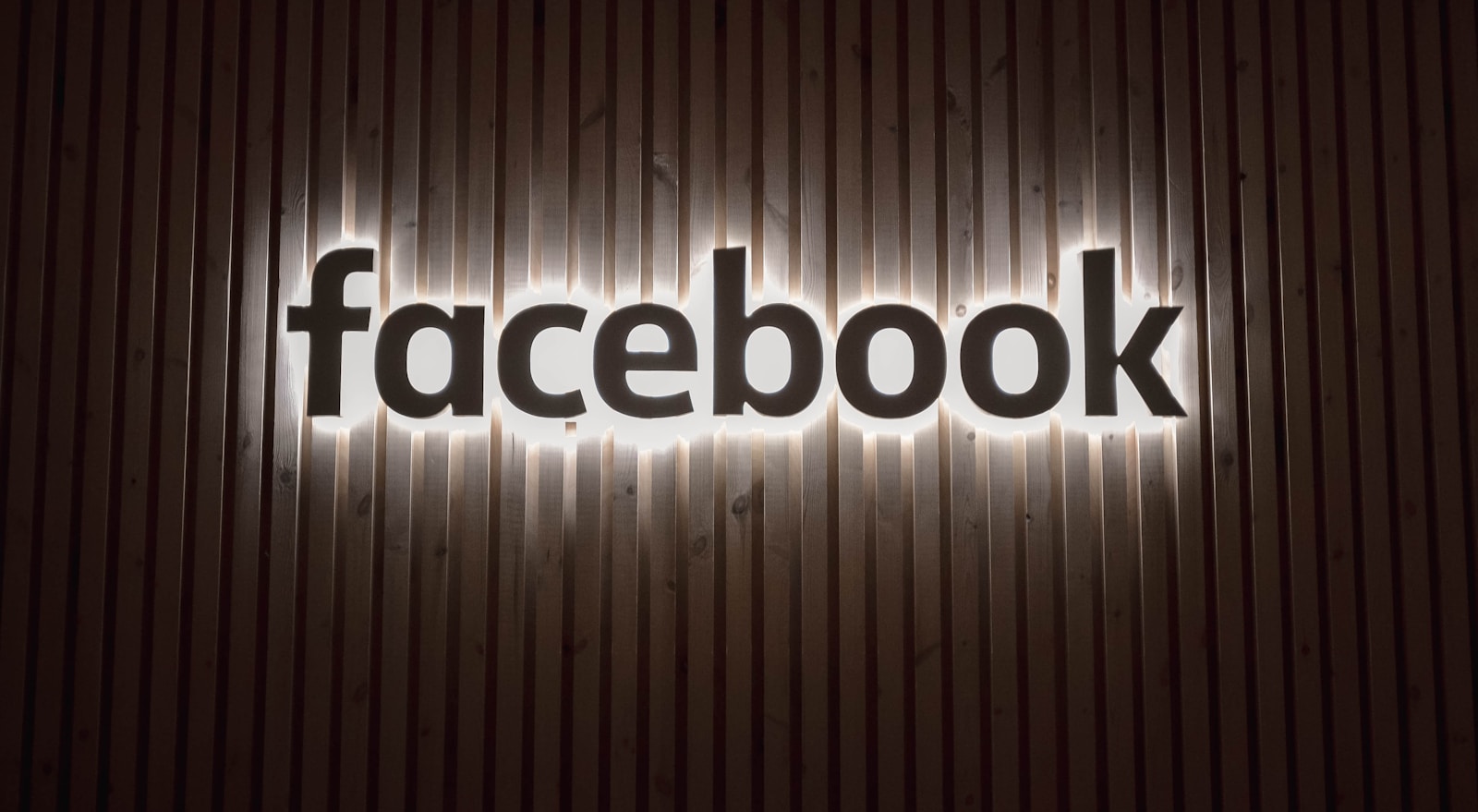In a move that has sent shockwaves through the media and political landscape, Facebook, now under the Meta banner, recently disbanded its dedicated fact-checking team and annouced they will now use fake profiles controlled by them en masse. This decision comes amidst growing concerns about the platform’s already borderline role in combating misinformation and ensuring content integrity will further erode. It also reopens discussions on how the era of fact-checking in social media was shaped during the Trump presidency, where misinformation reached unprecedented levels.
Facebook’s Vulnerable Aging User Base
Facebook’s aging user base, primarily composed of older individuals in Western countries, has long been a prime target for easily discernible propaganda. This demographic, often less digitally savvy, has shown a heightened susceptibility to misinformation, particularly as the sophistication of AI-generated content increases. Recently, AI-generated images—some of which are blatantly unrealistic—have circulated widely on the platform, deceiving millions. These images often exploit cultural and technological gaps, as many in this generation lack the tools or experience to critically evaluate digital content for authenticity. The spread of such content highlights the urgent need for media literacy and robust safeguards to protect vulnerable users.
Meta’s New Strategy: Fake Profiles
As part of its pivot away from traditional fact-checking, Meta has reportedly announced plans to deploy AI-generated profiles as part of its platform strategy. According to internal documents leaked by whistleblowers, these AI personas are allegedly designed to amplify specific ideological narratives, including Zionist, Fascist, right-wing, Racist, Sexist and pro-Russian propaganda.
Critics argue this move weaponizes artificial intelligence to manipulate public discourse, further deepening societal divides and eroding trust in online platforms. Human rights organizations and media watchdogs have called for urgent investigations, warning that such a strategy could have far-reaching consequences for democratic institutions and global information integrity.
Background: Shifting Narratives Amid the Gaza Genocide
The backdrop to Meta’s recent moves lies in the international outrage surrounding the ongoing genocide in Gaza, where public opinion has overwhelmingly aligned with the victims rather than the perpetrators. Social media platforms, including Facebook, have become battlegrounds for public sentiment, with a clear tilt in favor of humanitarian concerns and justice for the victims.
In response, pro-genocide lobbying organizations in the United States have reportedly turned to artificial measures, such as fake profiles, to manufacture the illusion of broader public support for the atrocities. By amplifying propaganda and suppressing dissenting voices, these efforts aim to sway the narrative and normalize what would otherwise be globally condemned actions. Critics argue that Meta’s reported involvement in facilitating such activities marks a disturbing misuse of technology to manipulate perceptions of human rights abuses.
The Trump Presidency: A Catalyst for Fact-Checking
Donald Trump’s presidency (2017–2021) marked a watershed moment for misinformation in modern politics. According to The Washington Post’s Fact Checker database, Trump made over 30,573 false or misleading claims during his time in office. In his first year alone, the figure exceeded 2,000, and by 2020, it had skyrocketed to over 8,000 annually. These staggering numbers underscored the growing challenge for journalists, fact-checkers, and platforms like Facebook to combat the flood of falsehoods.
The Trump era forced social media platforms to adopt stricter content moderation policies. Facebook’s introduction of a dedicated fact-checking team in partnership with third-party organizations was one of the many steps taken to address the issue. However, the removal of this team now raises questions about the sustainability of these efforts.
Zuckerberg’s Shift Toward Trump and Zionist Allies
With Donald Trump beginning his second presidential term, Mark Zuckerberg appears to be recalibrating Meta’s political alliances to align more closely with the new administration and its supporters. Reports suggest Zuckerberg is actively courting Trump and key Zionist influencers to secure favorable conditions for Meta amid increasing regulatory scrutiny.
By amplifying pro-Trump and pro-Zionist narratives on Facebook and Instagram, critics argue that Zuckerberg is leveraging Meta’s platform to cement relationships with powerful political allies. This shift raises questions about Meta’s impartiality and its role as a digital gatekeeper in shaping public discourse during a politically charged era.
Meta’s New Strategy: Controversial AI Profiles
As part of its pivot away from traditional fact-checking, Meta has announced the development of AI-driven profiles designed to enhance user engagement on its platforms. These AI personas are intended to interact with users, providing companionship and social interaction. However, critics argue that this approach could inadvertently propagate divisive content, further destabilizing global trust in online platforms. Human rights groups have called for immediate investigations, labeling the move a dangerous experiment.
The Larger Debate: Free Speech vs. Misinformation
This development reignites the debate about the balance between protecting free speech and curbing the spread of false information. Critics argue that without fact-checkers, platforms like Facebook risk becoming echo chambers for harmful narratives. Proponents of the decision counter that content moderation often leads to overreach and bias.
The Trump presidency serves as a cautionary tale of how unchecked misinformation can influence public opinion. During his tenure, conspiracy theories such as QAnon gained traction on Facebook, fueled by algorithmic amplification. In this context, fact-checking mechanisms became a vital defense against the spread of harmful content.
Implications for the Media Landscape
The disbandment of Facebook’s fact-checking team could have far-reaching consequences, including:
- Increased Scrutiny: Governments worldwide may impose stricter regulations on social media platforms.
- Public Trust Decline: Users may question the reliability of content on Facebook without fact-checking measures.
- Rise of Third-Party Solutions: Independent fact-checking organizations might see increased demand as users seek alternative methods to verify information.
The World Watches
As Meta pivots away from dedicated fact-checking, the world watches with bated breath. The Trump presidency showed us the dangers of misinformation left unchecked, with thousands of false claims influencing public discourse and decision-making. Facebook’s decision to disband its fact-checking team signals a troubling step backward in the fight for truth and accountability.
The debate over free speech versus misinformation continues, but one thing remains clear: the stakes for democracy and informed citizenship have never been higher.





